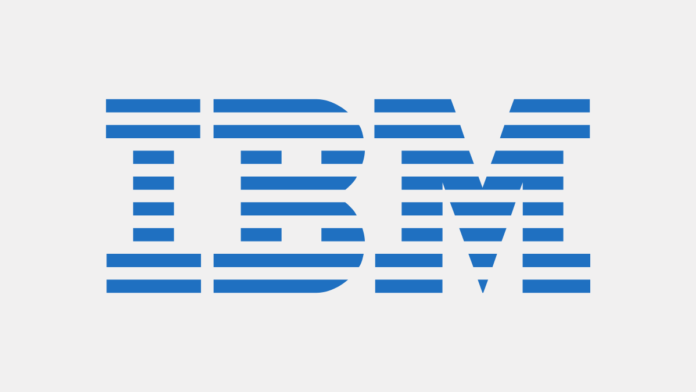Washington-based software company Zoominfo recently announced that it had acquired an industry-leading artificial intelligence company Chorus.ai to deliver conversational intelligence through its advanced go-to-market platform.
This new acquisition has increased Zoominfo’s market valuation to $70 billion. A $575 million deal was cracked between the two companies, which resulted in the acquisition of Chorus.ai.
Earlier, Zoominfo also acquired a data intelligence startup Clickagy to launch its new streaming platform.
Chorus.ai is a San Francisco-based startup founded in 2015 that specializes in conversational intelligence. Through its artificial intelligence-powered platform, the company helps its clients to effectively train their sales teams based on the analytical data provided by the platform after scrutinizing best performing sales meetings.
Read More: Facebook Researchers Are Teaching Artificial Intelligence-Powered Robot To Walk Like Humans
The founder and CEO of Zoominfo, Henry Schuck, said, “The acquisition of Chorus will accelerate our vision to deliver a modern go-to-market platform that brings together best-in-class intelligence with comprehensive data management, workflow, and engagement software, empowering companies to execute their revenue-generating strategies effectively.”
He further added that with the industry’s most extensive conversational intelligence portfolio, Chorus.ai would aid Zoominfo to expand by providing new insight categories and allowing higher target engagement.
The integration of the two platforms will enable its clients to make accurate decisions based on data analytics, which would help them increase their sales revenue. The CEO of Chorus.ai, Jim Benton, will be joining Zoominfo as the senior vice president of emerging products.
He said, “ZoomInfo has a bold vision of delivering a world-class go-to-market platform that empowers companies to drive better execution and more revenue.”
He also mentioned that Chorus.ai would play a significant role in delivering artificial intelligence-driven insights based on interaction with customers and prospects. This will help the merged company to tap into a new source of data generation.











